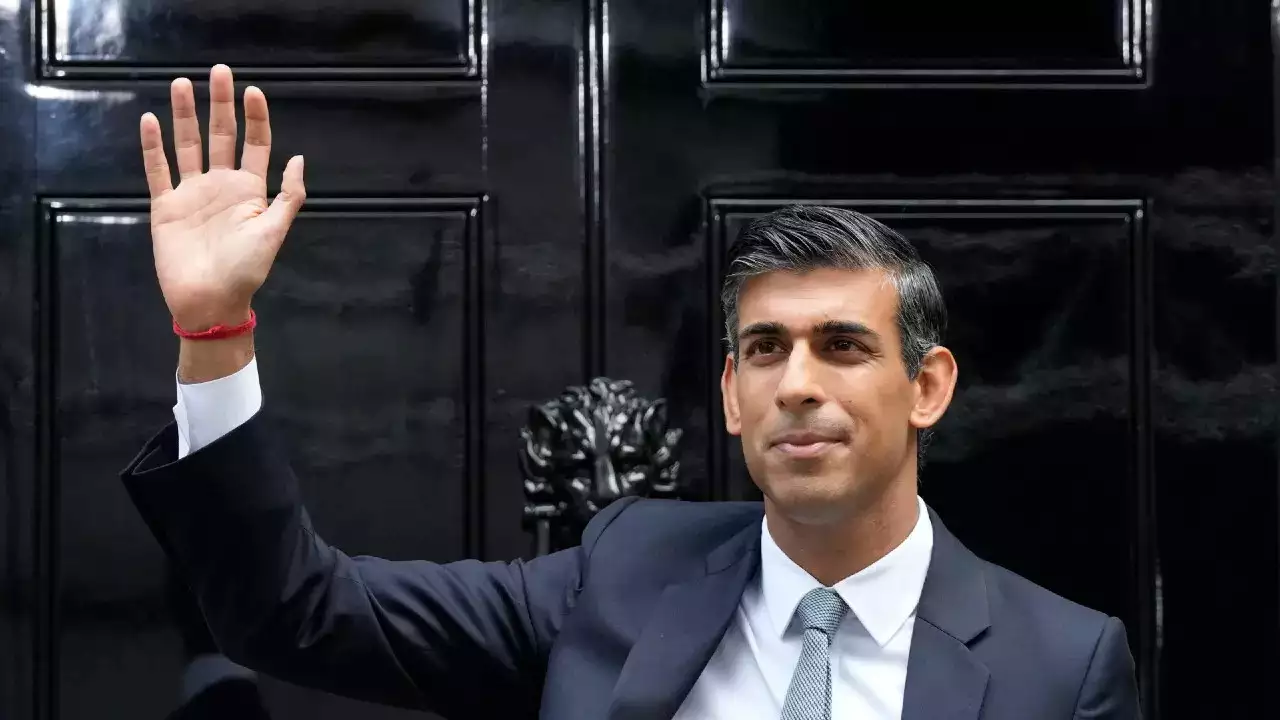British Prime Minister Rishi Sunak finds himself in a challenging position as local elections loom just two weeks away. With expectations of unfavorable results for his Conservative Party, Sunak is increasingly perceived as occupying office without wielding power.
Although Sunak has pledged to hold a general election this year, the date remains unconfirmed amid speculation that he’s delaying to avoid a potential electoral disaster. The prevailing belief is that postponing the election might offer him a chance to reverse public opinion.
However, Sunak’s efforts seem to continuously backfire. For instance, his recent proposal for a world-leading smoking ban faced significant internal opposition. While the legislation passed with support from the opposition Labour Party, members of Sunak’s own cabinet, eyeing his position, voted against it. Former Prime Minister Boris Johnson and Liz Truss, among others, openly criticized the ban, undermining Sunak’s authority within his party.

Furthermore, Sunak’s attempts to highlight successes, such as falling inflation and progress on immigration policies, are overshadowed by distractions like Truss’s book launch. Additionally, the defection of a key ally, deputy chairman Lee Anderson, to a rival party exacerbates Sunak’s challenges, particularly in appealing to traditional Labour voters who switched to the Conservatives in 2019.
Sunak’s leadership is further questioned by his association with individuals prone to causing controversy, such as former Home Secretary Suella Braverman. His perceived weakness on issues important to conservative voters has eroded his authority, leaving him vulnerable to criticism from within his party and the public alike.
Despite efforts to address concerns such as immigration, Sunak’s policies face scrutiny and unintended consequences, such as increased asylum-seeker crossings. As the political landscape remains turbulent, Sunak’s leadership is increasingly characterized by challenges and setbacks, undermining his credibility and authority.


















